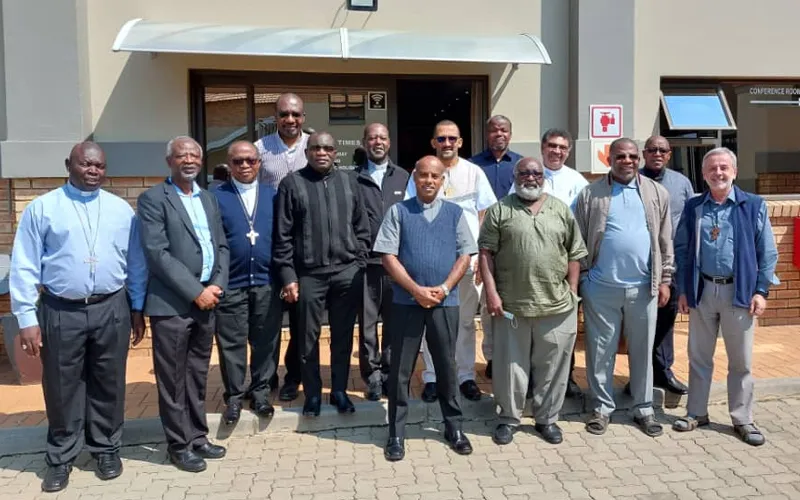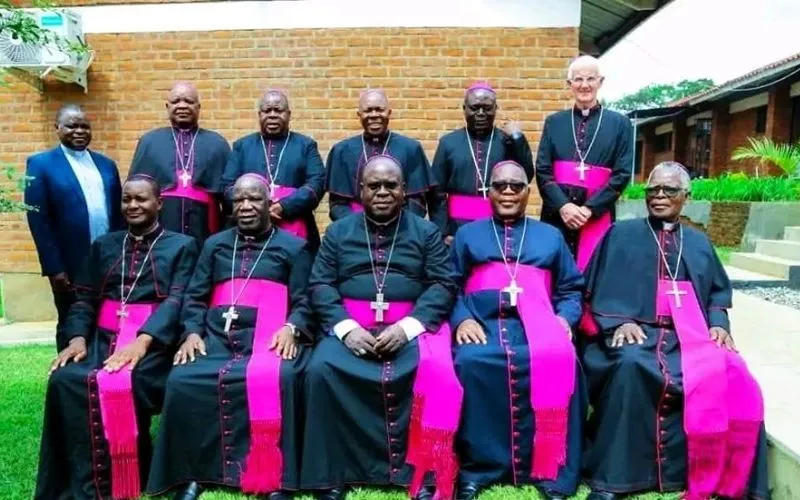Gaborone, 25 March, 2022 / 10:20 am (ACI Africa).
The people of God in a Catholic Diocese in Botswana are finding it easy to fully participate in the ongoing Synod on Synodality conversations using the language they are most familiar with, the Local Ordinary of the Diocese has said.
In a Wednesday, March 23 interview with ACI Africa, Archbishop Frank Atese Nubuasah of Botswana’s Catholic Diocese of Gaborone said that those leading the Synodal conversations in his Episcopal See are locals who are able to address the people in the language that they know.
Asked to share what the people’s experience with the ongoing preparations for the Synod on Synodality process had been so far, Archbishop Nubuasah said, “Language has not been an issue because they are able to express themselves and those leading the discussions are local people.... People are excited to speak about their Church.”
An estimated 90 percent of the population in Botswana speak Setswana in a country that recognizes English as one of its official languages.
The Local Ordinary of Gaborone told ACI Africa that Synodal conversations had taken deep root in Small Christian Communities (SCCs), attracting eager participation of Church members at the grassroots.








